Premium Only Content
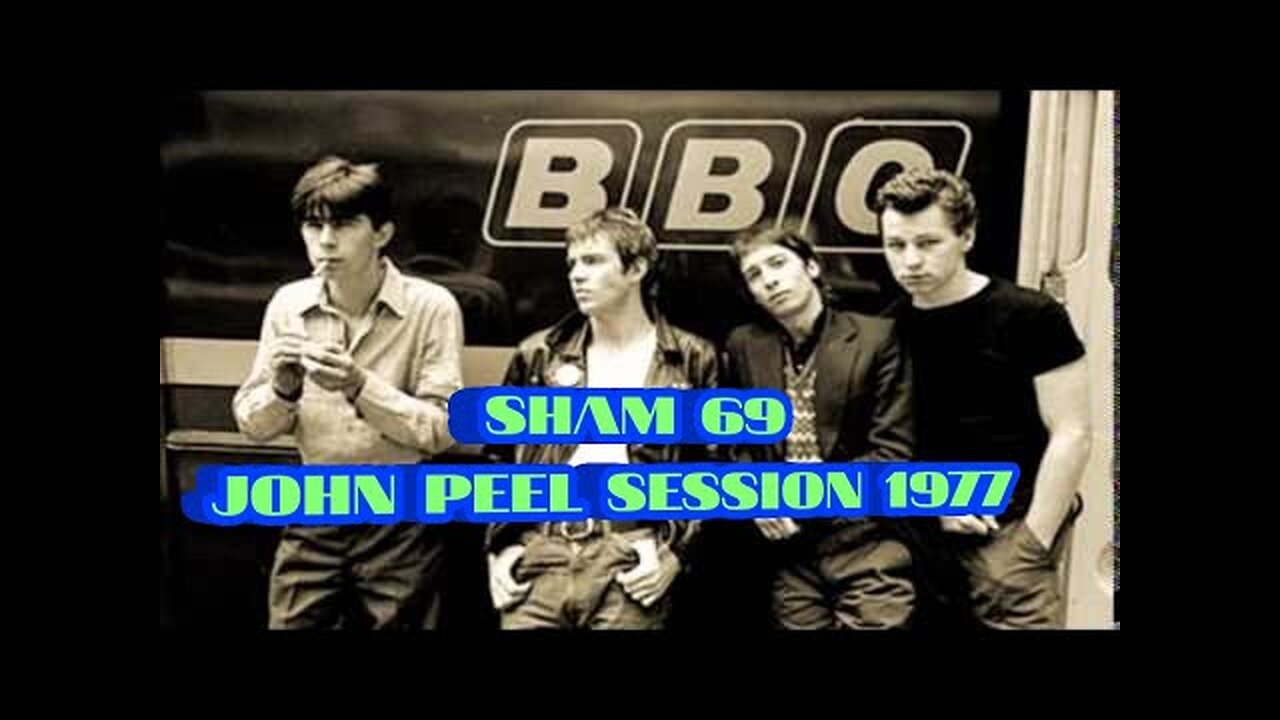
SHAM 69...JOHN PEEL SESSION 1977..
WHY NOT SUPPORT YOUR YOUTUBE CHANNEL BY BUYING ME A COFFEE AT
Ko-fi.com/punkrocknineteenseventies
------------------------------------------------------------Sham 69 are an English punk rock band that formed in Hersham in Surrey in 1975. They changed their musical direction after seeing the Sex Pistols play live in early 1976. They were one of the most successful punk bands in the United Kingdom, achieving five top 20 singles, including "If the Kids Are United" and "Hurry Up Harry". The group's popularity saw them perform on the BBC’s Top of the Pops, and they appeared in the rockumentary film, D.O.A.. The original unit broke up in 1979, with frontman Jimmy Pursey moving on to pursue a solo career.
In 1987, Pursey and guitarist David Parsons reformed the band, joined by new personnel. Although subsequently going through a number of line-up changes, Sham 69 remained active and were still playing gigs as of 2022.[1]
History
Formation
Sham 69 formed in Hersham, Surrey in 1975, although originally known (according to some sources) as Jimmy and the Ferrets.[2] 'Sham 69' is said to have derived from a piece of graffiti that co-founder Jimmy Pursey saw on a wall. It originally said Walton and Hersham '69 but had partly faded away, and made reference to when Walton & Hersham F.C. secured the Athenian League title in 1969.[3]
The 12 November 1976 issue of NME noted that Sham 69 was rehearsing in 1976, although only Pursey would remain from this early line-up twelve months later.[4] Original guitarists Johnny Goodfornothing (a.k.a. John Goode) and Neil Harris were replaced by Dave Parsons, and drummer Billy Bostik (a.k.a. Andy Nightingale) by Mark Cain.[5] Albie Slider (a.k.a. Albie Maskell) remained for the group's first single in 1977[6] before being replaced by Dave Tregunna. The Pursey/Parsons/Tregunna/Cain line up then remained stable until 1979,[4] when Ricky Goldstein took over on drums for the band's fourth album.
Sham 69 did not have the art school background of many English punk bands of the time, and brought in football chant backup vocals and an implicit political populism. The band attracted a large skinhead following (left wing, right wing and non-political). Their concerts were plagued by violence, and the band ceased live performances after a 1979 concert at the Rainbow Theatre in Finsbury Park was broken up by National Front-supporting white power skinheads fighting and rushing the stage
-
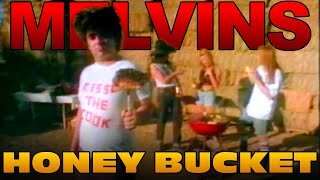 2:48
2:48
PUNKROCKUK1970s
1 day agoMelvins - Honey Bucket
12 -
 LIVE
LIVE
Rallied
1 hour ago $0.46 earnedWarzone Solo Challenges
96 watching -
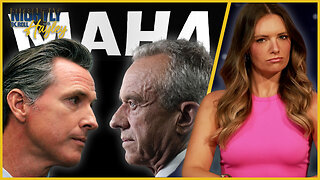 1:04:40
1:04:40
BonginoReport
2 hours agoMAHA Madness: RFK Jr. vs Newsom - Nightly Scroll w/ Hayley Caronia (Ep.127) - 09/04/2025
36.6K15 -
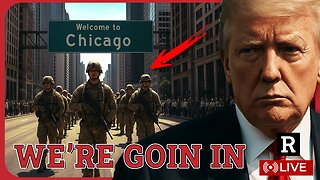 1:58:36
1:58:36
Redacted News
4 hours agoUkraine bans Christians, Trump Sends Troops to Chicago, German AFD members being murdered | Redacted
112K89 -
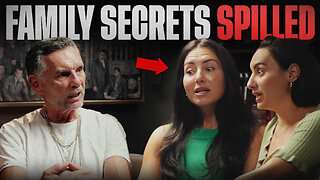 1:17:43
1:17:43
Michael Franzese
2 hours agoMy Daughters CONFRONTED Me About Being a Mobster Dad
28.2K2 -
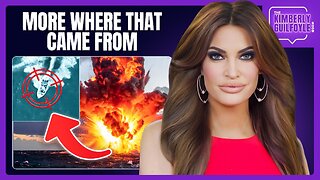 24:02
24:02
Kimberly Guilfoyle
5 hours agoCartel Strikes: Breaking News Coverage! | Ep.251
30.4K11 -
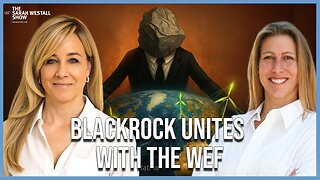 1:01:36
1:01:36
Sarah Westall
3 hours agoBlackrock & the WEF Collaborate for World Dominance, Free Agency with AI w/ Reinette Senum
29K5 -
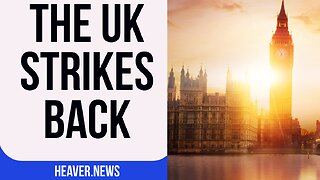 3:08
3:08
Michael Heaver
14 hours agoOutraged UK Sends EMPHATIC Message
15.9K8 -
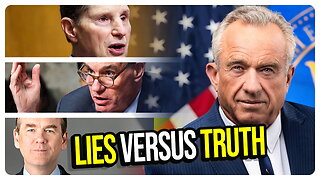 1:20:15
1:20:15
vivafrei
5 hours agoRFK Jr. Takes on the Pharma WHOORES! Toddler-Assaulter Granted BAIL? COMPLYE WITH CRIMINALS! & more
116K72 -
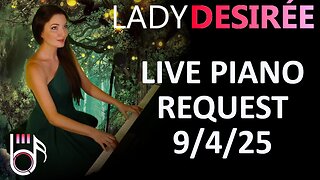
LadyDesireeMusic
4 hours ago $1.51 earnedLive Piano Request - Anti Brain Rot - Support Culture Shift
20K1